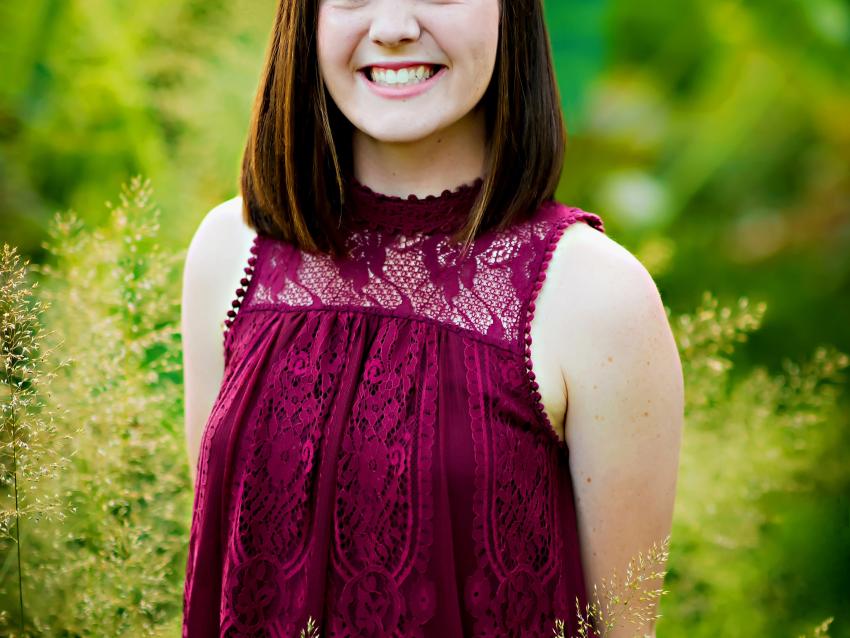
Summer Research Fellow Spotlight Lauren Hudson
"Kentucky has the highest all-site cancer incidence and mortality rates in the United States with the highest burden of cancer localized to the Appalachian region of the state. Residents of Appalachian Kentucky also experience high rates of poverty, below-average education attainment as well as other disparities. To address the cancer education-related needs of the region, the Markey Cancer Center created the Appalachian Career Training In Oncology (ACTION) Program that provides enhanced cancer-focused education and training for students from rural, low-socioeconomic and low-education-attainment communities and works to develop a better understanding of cancer and cancer education within these underserved communities. This is important because scientific literature shows that health literacy can influence health behaviors and prevent risky habits that may lead to cancer development."
Q: How did you first get interested in undergraduate research at UK?
A: "I was initially hesitant to join undergraduate research because I did not enjoy any of the bench work I had completed in my lab-based courses. However, when Dr. Vanderford contacted me about my research position, he opened my eyes to a whole side of research I hadn't previously known about. After working on my first project with him, I was totally hooked on the topic of cancer literacy and found a passion for cancer education in Kentucky!"
Q: How long have you been engaged in undergraduate research?
A: "Since spring semester of my freshman year (approximately 1.5 years)"
Q: Describe what a typical day of remote summer research activity looks like for you. How does this differ from your pre-COVID research activity?
A: "A typical day of remote summer research looks like me sitting on my back porch, iced coffee in hand, with my computer on my lap. Currently, I am working on a variety of research projects, so I usually try to plan out what project I will be working on each day in the beginning of the week. Because most of my research is completed online, this does not differ nearly at all from my pre-COVID activity."
Q: What has been the most exciting aspect of your research so far?
A: "The most exciting aspect has been watching my knowledge and passion for medicine grow. At the beginning of my research, I never would have guessed that I would become so determined to improve the cancer outlook in Kentucky, but as I learned more about how cancer affects our state, I found myself looking forward to reading research articles and listening to interviews. I am always eager to listen to another's experiences with cancer and brainstorm about what we can do, as Kentuckians, to decrease the cancer rates."
Q: What advice would you give to other UK students thinking about doing research?
A: "Keep an open mind! Although I was not initially interested in pursuing research, it has quickly become one of the most influential aspects of my undergraduate career. There is a research opportunity for everyone, although it may take some digging to find the one that is right for you. Just keep digging!"
The UK Office of Undergraduate Research's Summer Research & Creativity Fellowship program provides undergraduates with the opportunity to study in a wide variety of disciplines while doing intensive and self-directed research under the supervision of a faculty mentor.